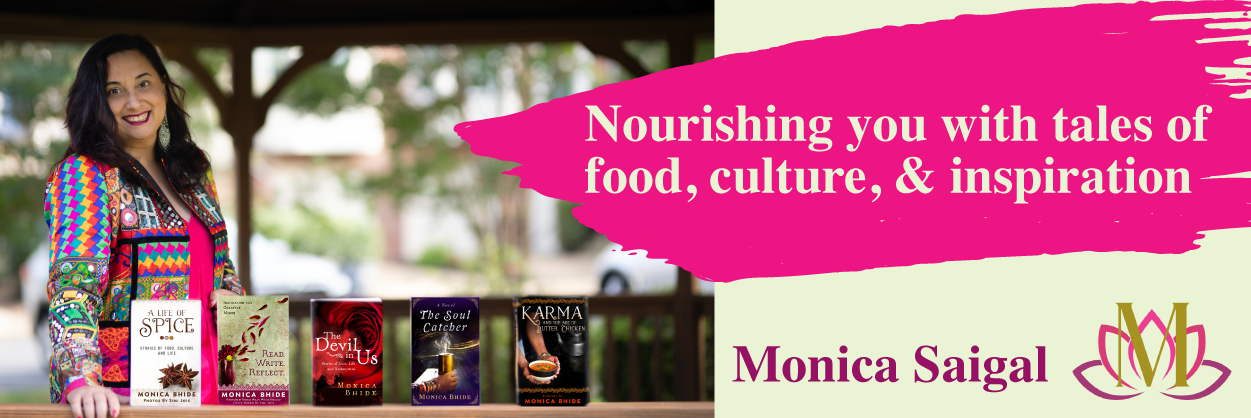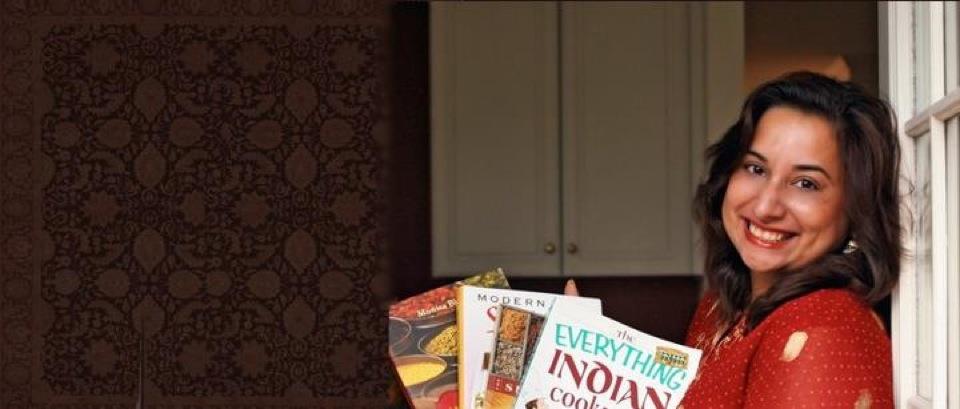I just want to thank everyone for their support of my ebook “In Conversation with Exceptional Women.”
(if you dont have an e-reader.. scroll down to buy a pdf)
Get Yourself Going Every Morning with “In Conversation with Exceptional Women”
I loved all the advice the women I interviewed gave on the writing life and wanted to share some of their thoughts with you all:
A year ago, I read a piece of advice that said, “Write the book you want to read.” So I did! I interviewed exceptional women writers around the country and asked them how they achieved the success that they did. The group including New York Times bestselling writer Kim Severson, legendary author and former Gourmet, editor-in-chief Ruth Reichl, and many others. Here, I offer you some nuggets from the book. Consider it a virtual roundtable of leading writers (novelists, bloggers, journalists) sharing their wisdom on how to succeed as a writer (in any sphere).
Allison Winn Scotch, New York Times best-selling novelist
1) Have no ego about your work: constructive criticism is going to be your best friend, both now and for many years to come, and if you can’t heed it, you’re never going to get published.
2) Along those lines, always strive to get better. There is no resting on your laurels, no “I’m already good enough” in this industry.
3) Read the authors you admire and aspire to be as good as them.
Camille Noe Pagán, longtime journalist and debut novelist
1) Almost everyone you encounter will tell you it can’t be done, or will doubt your ability to do it. Ignore them.
2) Don’t be intimidated by word count. If you can write 250 words a day, you’ll complete a novel in less than a year.
3) Write the novel that you’d enjoy reading—not what you think other people want to read. Yes, you have to think commercially to some degree, but if you fake it, your readers will be able to tell.
Clotilde Dusoulier, leading food blogger (Chocolate and Zucchini)
1) Stay true to yourself, your voice and your interests. The only way you’ll capture readers’ interest is by being genuine.
2) Connect. Blogging is all about community, so reach out to people whose work you enjoy, share information that you think they’ll find useful, contribute to the conversation.
3) Give credit where credit is due. No one writes or cooks in a vacuum, and if someone or something inspired you, say so. It doesn’t take anything away from you or your work, and intellectual honesty goes a long way to build trust between you and your readers.
4) Keep at it. It takes time and work to build a voice and an audience, and you’ll no doubt have moments of discouragement, but know that it gets easier and more gratifying with time, and your persistence will pay off.
5) Have fun. A blog is a great sandbox in which to play and experiment. It’s good to have some sense of your editorial line and general focus, but at the end of the day you should blog about whatever you’re excited about, and not be afraid to shake things up by trying new things, new topics and new formats.
Karma Wilson, bestselling children book author.
1) Pursue the dream with passion. Being a children’s book writer isn’t a job for the realist. You have to have to suspend reality and truly believe you will get published. So clap your hands, and repeat after me, “I do believe I’ll get published! I do, I do!”
2) The people who really do believe it will pursue it in the manic way that makes it happen. Those who don’t will obsess on the odds and their dreams of getting published will be squelched an annoying pessimist on their shoulder telling them, “Give up already. You’ll just get another rejection.”
Kim Severson, New York Times writer and bestselling author
1) Stick with it. I remember when I was starting out thinking every food story had been written and that I would never be able to come up with a story I could sell. But a good story will always find a home.
2) Work. You have to actually write and pitch stories and get rejected and write some more. I always think that every rejection meant I was getting close to a yes. But if I just sat around and thought of all the great stories I wanted to write, I would never get anything done.
3) Read. Great food writing is a good inspiration. And to know what is current and valuable to readers and editors, you have to know what is getting buzz and interest.
Ramin Ganeshram, author and award winning journalist
1) Write. If you are not writing, then how are you a writer? Don’t talk about it, write it.
2) Be patient. With perseverance and a good game plan, you’ll get there. Overnight success is a rare and fleeting thing. You think you want it—but you don’t. And you probably won’t get it, so keep on trucking, you’ll get there.
3) Have a plan. This is probably the most important. Figure out what your angle or your platform is and have a laser focus on it. A little bit of everything is ok when you are trying to find out what it is you want to write about or what your passion is. But once you’ve figured it out you need to have a plan.
Ruth Reichl, former editor-in-chief Gourmet
1) I wish I’d known that there is a huge hunger out there for good writing, and you can start at the top. At both the Los Angeles Times and Gourmet I often published first-time writers. If something good came in, from anywhere, we’d print it. So I wish I’d started out by being less intimidated. Find a good story, write the hell out of it and send it to the best outlets you can think of.
2) Secondly, I didn’t know then that many of the most famous food writers have been saved by their editors. Your own writing doesn’t have to be perfect; the editors are there to help.
3) And finally, I really didn’t understand that the more you write, the better you become. I look at some of my early work now and just cringe.
Diana Abu-Jaber, award-winning novelist of Birds of Paradise
1) I think the injunctions to read copiously and well and to establish a writing practice are already amply covered.
2) If you want to dig a little deeper, I think it’s very important, for novelists especially, to develop a sense of faith, purpose, vocation in their craft. There are a lot of people out there who will say no to you, tell you that you can’t do it, or that you’re not good enough, or that you’re fine but nothing special. And worst of all is that it’s easy to believe it, to start to say no to yourself—especially when working on something as long and circuitous and crafty and exhausting as a novel. You start to doubt your abilities and your sanity. You must nourish a very big sense of strength in your work—however you can, through friends, a writing group, a spouse, written affirmations, a writing journal—whatever it takes—so that when you start hearing the dark little whispers of I can’t, I can’t, you can keep going. You learn to tell yourself, I can and I must.
And finally, these wise words from Virginia Willis, award-winning cookbook author:
It doesn’t matter how many rejections you get. It only takes one yes.
************
If you do not have an ereader and want to read the book, I can provide you a PDF. Click here to order a pdf now (PDF will be emailed to you within 24 hours)..


Wonderful advice! Love this piece! Everyone of these women are truly exceptional. Thanks for sharing this, Monica! Someday, I hope to write as wonderfully as you do!
Love reading your blog .. Wonderful advice for sure.